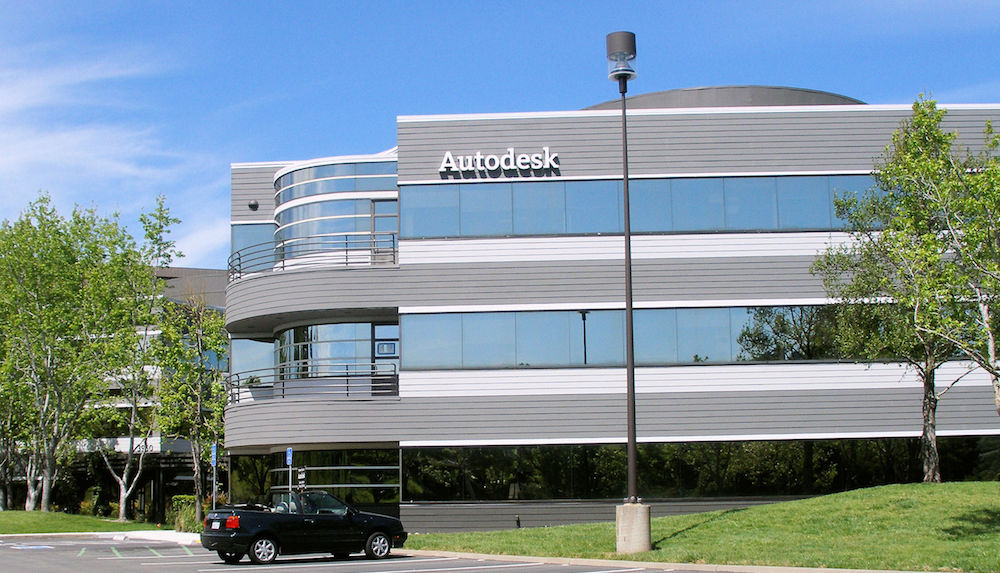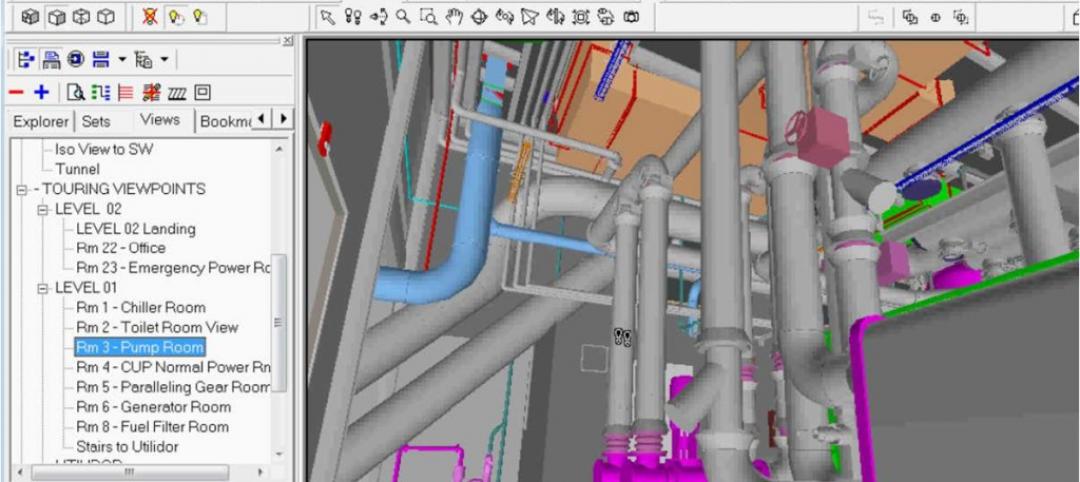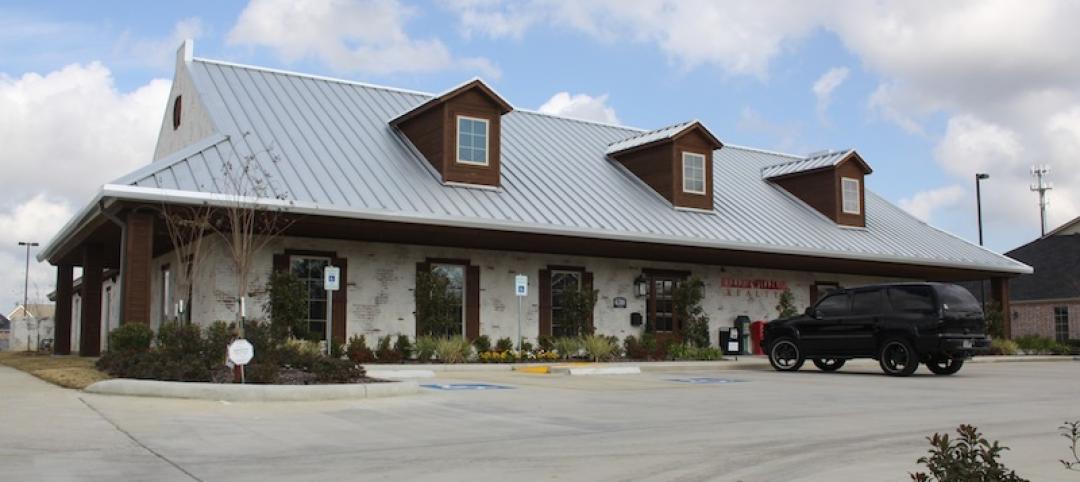Responding to customers who have been pushing them for greater workflow efficiencies when using their products together, Autodesk and Trimble have entered into an interoperability agreement that enables both companies to share Application Programming Interfaces (APIs) and developer tools for products in their respective portfolios.
The collaboration is also meant to show each company’s commitment to supporting open industry standards such as Industry Foundation Classes (IFC), and Construction Operations Building Information Exchange (COBie).
Autodesk and Trimble have similar arrangements with Bentley, and Autodesk recently struck an agreement on the manufacturing side with Siemens.
“We want to allow our customers to focus more on projects and spend less time moving data between Autodesk and Trimble products,” explains Jim Lynch, Vice President for AEC Product Development at Autodesk’s Boston office. He says this agreement will help “fill the API gaps.”
Tighter product-to-product integration can enable AEC users to share models, project files, and allow for the reuse of information throughout all phases of a project.
Lynch says the two companies have been working on this agreement for more than a year. His main contact at Trimble was its Vice President Bryn Fosburgh. Another key person in developing this agreement was Nicolas Mangon, Vice President of AEC Strategy and Marketing at Autodesk.
Lynch tells BD+C that this agreement does not entail any financial arrangement between the two suppliers, nor does he anticipate that either company would need to set up a separate team or department.
“Trimble benefits by our customers benefiting,” says Mark Sawyer, General Manager of Trimble’s General Contractor/Construction Management division.
Sawyer adds that going forward, each company will have access to the other’s APIs to test. Trimble also has an advisory group of customers that is likely to be involved in the testing.
Lynch expects that the industry will continue to pressure software vendors to develop products that integrate seamlessly. Sawyer agrees, and thinks the most immediate streamlining will be evident in document and data management, and BIM-in-field. But, he cautions, don’t expect interoperability agreements such as Autodesk-Trimble to be “wildly prolific,” either.
Related Stories
| Jan 31, 2014
LEGO, Google partner to develop 3D modeling tool for LEGO structures
The free tool, called Build, allows Chrome users to create virtual 3D structures using any shape and color in the LEGO catalog.
| Jan 30, 2014
See how architects at NBBJ are using computational design to calculate the best views on projects [video]
In an ideal world, every office employee would have a beautiful view from his or her desk. While no one can make that happen in real life, computational design can help architects maximize views from every angle.
| Jan 15, 2014
6 social media skills every leader needs
The social media revolution—which is less than a decade old—has created a dilemma for senior executives. While its potential seems immense, the inherent risks create uncertainty and unease.
| Jan 12, 2014
CES showcases innovations: Can any of these help you do your job better?
The Consumer Electronics Show took place this past week in Las Vegas. Known for launching new products and technologies, many of the products showcased there set the bar for future innovators. The show also signals trends to watch in technology applicable to the design and building industry.
| Jan 12, 2014
5 ways virtual modeling can improve facilities management
Improved space management, streamlined maintenance, and economical retrofits are among the ways building owners and facility managers can benefit from building information modeling.
| Dec 31, 2013
Top 10 blog posts from 2013
BD+C editors and our contributors posted hundreds of blogs in 2013. Here's a recap of the most popular topics. They include valuable lessons from one of the first BIM-related lawsuits and sage advice from AEC legend Arthur Gensler.
| Dec 31, 2013
BD+C's top 10 stories of 2013
The world's tallest twisting tower and the rise of augmented reality technology in construction were among the 10 most popular articles posted on Building Design+Construction's website, BDCnetwork.com.
| Dec 17, 2013
IBM's five tech-driven innovation predictions for the next five years [infographics]
Smart classrooms, DNA-based medical care, and wired cities are among the technology-related innovations identified by IBM researchers for the company's 5 in 5 report.
| Dec 16, 2013
Is the metal building industry in a technology shift?
Automation is the future you can’t avoid, though you may try. Even within the metal building industry—which is made up of skilled tradesmen—automation has revolutionized, and will continue revolutionizing, how we work.
| Dec 10, 2013
16 great solutions for architects, engineers, and contractors
From a crowd-funded smart shovel to a why-didn’t-someone-do-this-sooner scheme for managing traffic in public restrooms, these ideas are noteworthy for creative problem-solving. Here are some of the most intriguing innovations the BD+C community has brought to our attention this year.

















